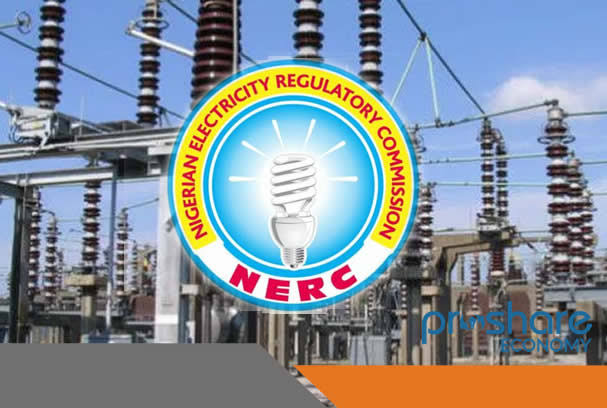The Nigerian Electricity Regulatory Commission (NERC) has unequivocally stated that the responsibility for procuring and maintaining electricity distribution infrastructure, including transformers, cables, and poles, lies solely with the Enugu Electricity Distribution Company (EEDC), the designated service provider for Anambra State. This declaration comes in response to widespread complaints from Anambra residents who have been compelled to shoulder these burdens due to the EEDC’s alleged negligence and exploitation. NERC organized a town hall meeting in Awka, the state capital, to address these grievances and reiterate the consumers’ rights, emphasizing that they are not obligated to finance or execute these critical infrastructural tasks. The Commission urged residents to report any instances where EEDC officials solicit payments for such equipment, promising swift intervention and redressal.
The town hall meeting served as a vital platform for direct engagement between NERC representatives, including Commissioner for Stakeholder Management, Mrs. Aisha Mahmud (represented by Dr. Zubair Babatunde, Head of Consumer Protection at NERC), and a large contingent of concerned electricity consumers from Awka and surrounding communities. The overarching message from NERC was that consumers are entitled to reliable and affordable electricity service without being burdened with the costs of infrastructure development and maintenance. This responsibility squarely falls on the distribution company, which is mandated to invest in and maintain the network to ensure consistent power supply. NERC’s commitment to consumer protection is evident in its call for documented evidence of any transgressions by the EEDC, reinforcing its role as a watchdog against unfair practices within the electricity sector.
The directive from NERC carries significant implications for both consumers and the EEDC. For the residents of Anambra State, it offers a reprieve from the undue financial and logistical burden of maintaining electrical infrastructure. They are now empowered to resist any demands for payment from the DisCo and report such incidents to NERC for appropriate action. This empowers consumers and strengthens their position in demanding accountable service delivery. For the EEDC, this directive reinforces its legal and operational obligations, emphasizing the need for proactive investment in network infrastructure and a customer-centric approach to service provision. Failure to comply with NERC’s directive could lead to sanctions and penalties, prompting a much-needed overhaul of the DisCo’s operational practices.
NERC’s intervention underscores the importance of regulatory oversight in protecting consumer rights and ensuring the effective functioning of the electricity sector. By clarifying responsibilities and establishing clear channels for complaint resolution, NERC fosters transparency and accountability within the system. This proactive approach aims to prevent future exploitation of consumers and promote a more equitable and sustainable electricity market. The town hall meeting and subsequent statement serve as a powerful message to distribution companies across Nigeria, highlighting the importance of fulfilling their obligations and prioritizing consumer welfare.
The emphasis on proper documentation of complaints further strengthens NERC’s ability to investigate and address specific instances of misconduct. By requiring consumers to provide evidence, NERC can build stronger cases against erring DisCos and ensure that appropriate corrective measures are taken. This emphasis on documentation also promotes transparency and accountability within the complaint resolution process, allowing NERC to track and monitor the effectiveness of its interventions. This systematic approach to consumer protection demonstrates NERC’s commitment to creating a more responsive and efficient electricity market.
In conclusion, NERC’s decisive stance on the responsibilities of electricity distribution companies represents a significant win for consumers in Anambra State. By clearly defining the roles and obligations of both the DisCo and the consumers, NERC promotes a fair and equitable electricity market. The Commission’s commitment to consumer protection, coupled with its proactive approach to complaint resolution, sets a positive precedent for the entire Nigerian electricity sector, paving the way for improved service delivery and greater accountability from distribution companies nationwide. This intervention is a crucial step towards ensuring reliable and affordable electricity access for all Nigerians.


